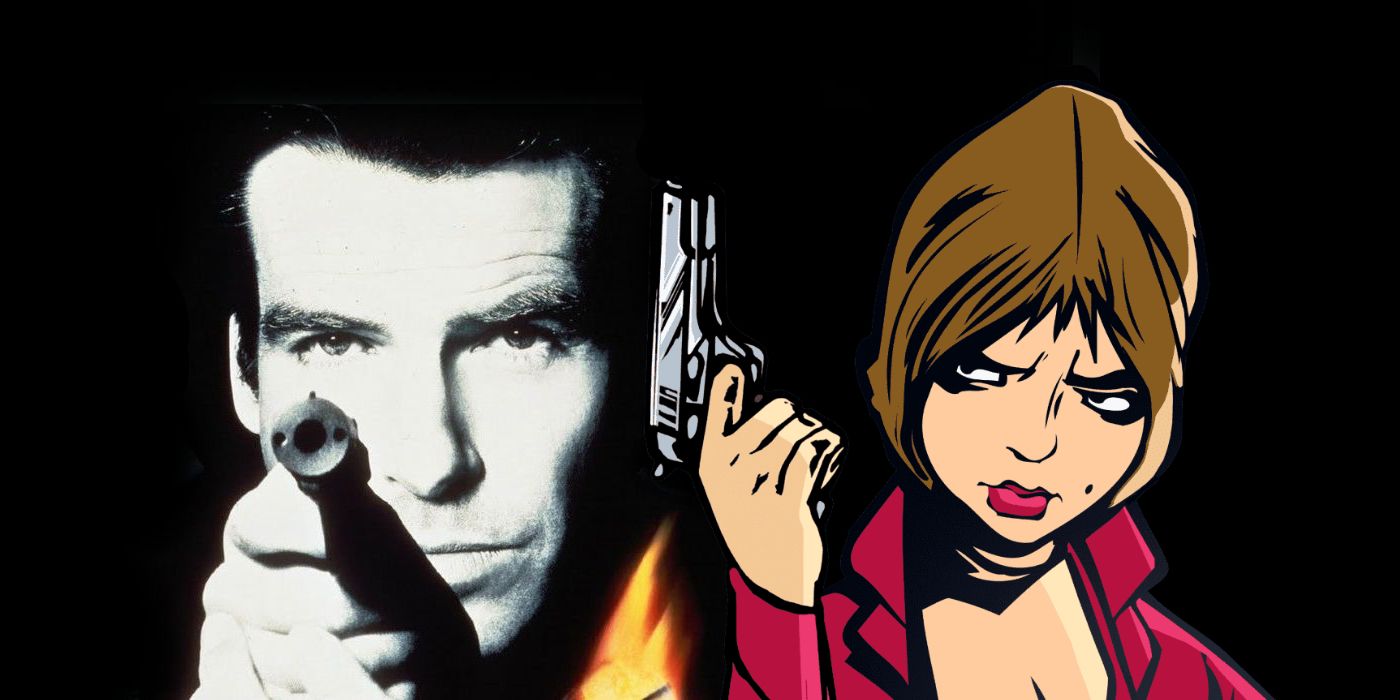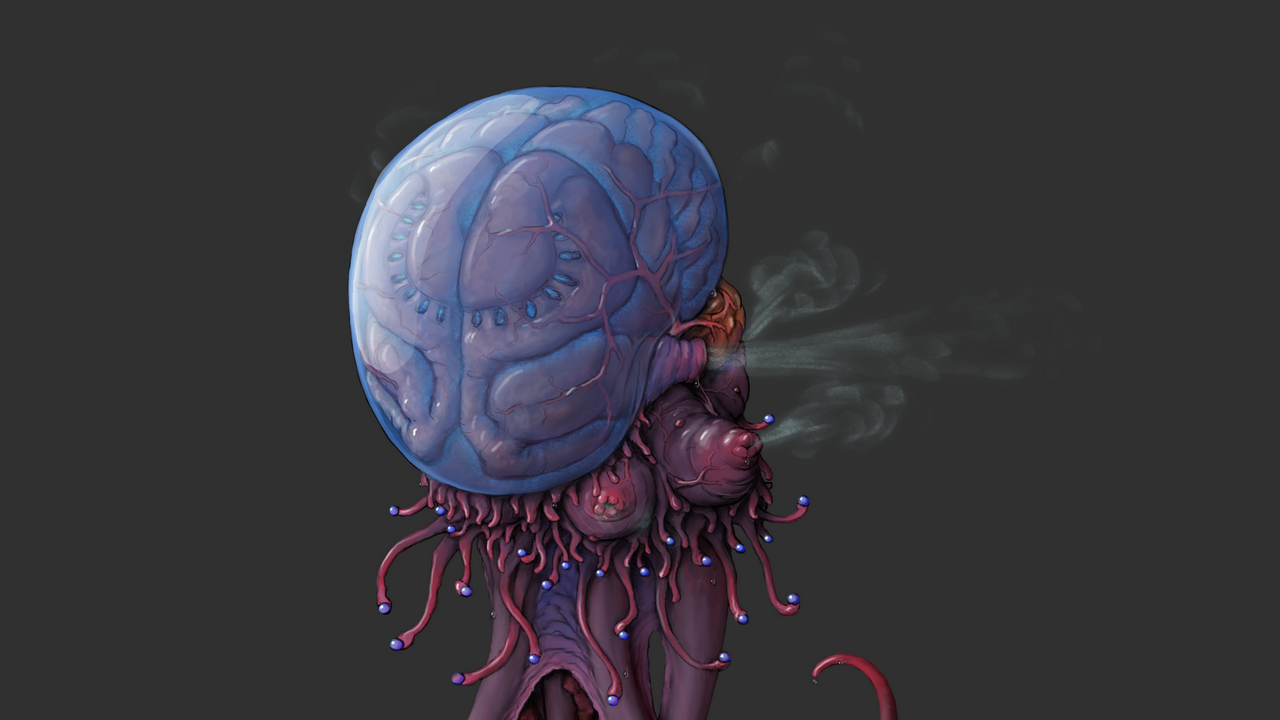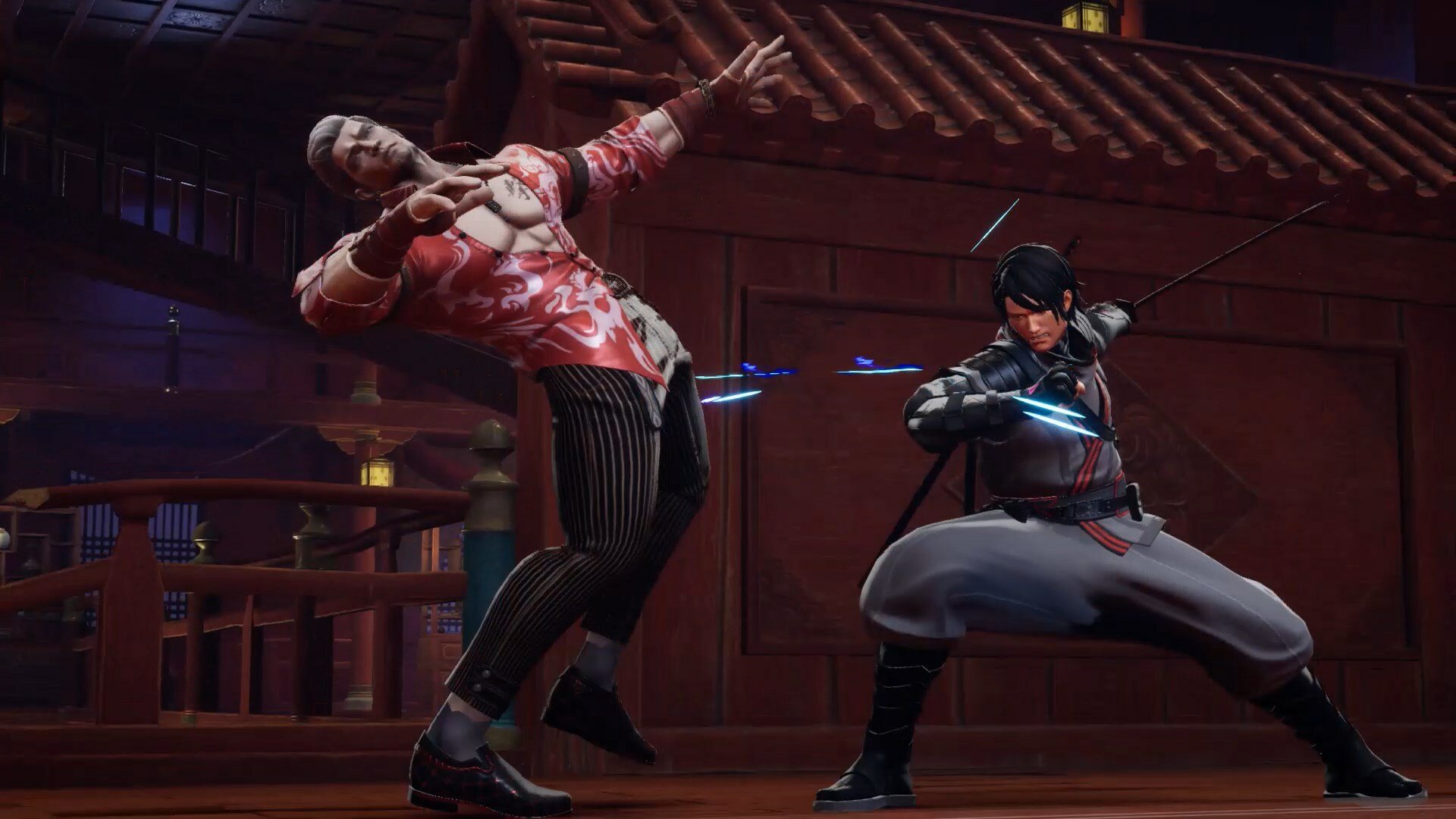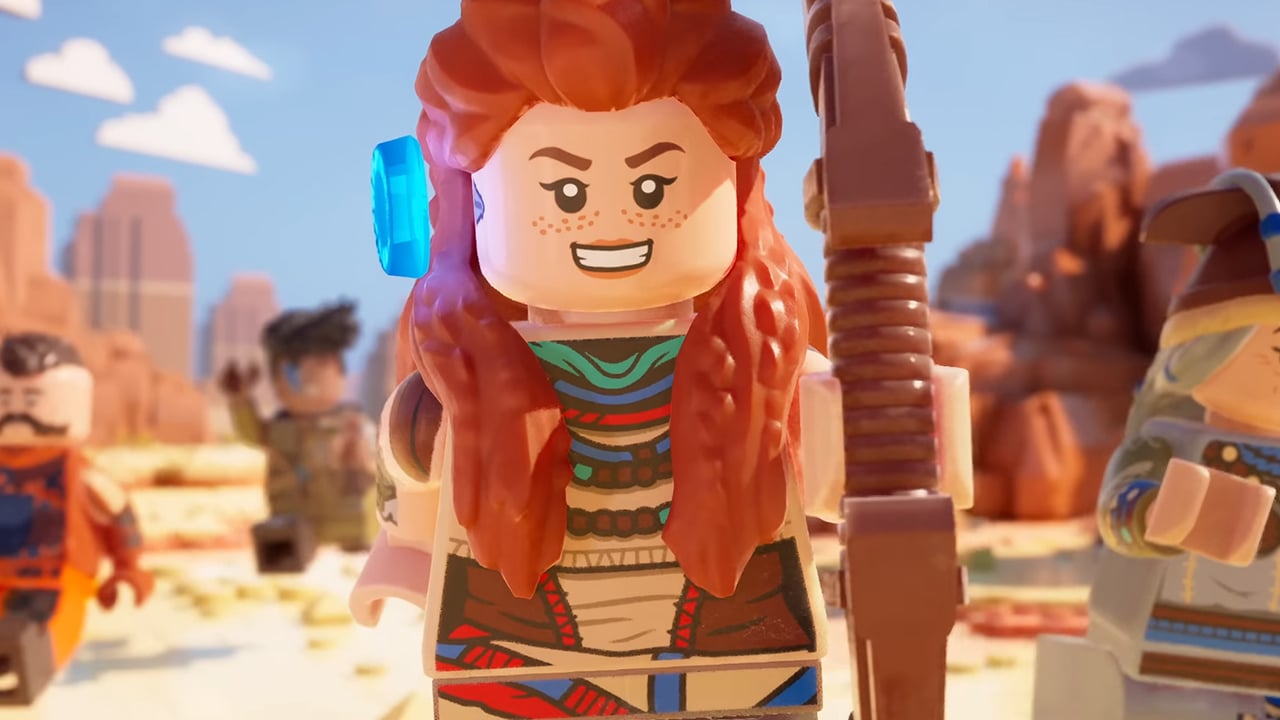While the influx of new titles in the video game industry is incessant, some of the most worthwhile gaming experiences continue to be classics from decades gone by, including older entries in currently popular series like Pokémon and Grand Theft Auto. It has now been half a century since the commercialization of video games began, and many of the thousands of games released in that time have been important milestones that have pushed the industry forward, while also delighting players around the world.
Some old games are great because they pushed the boundaries of technology, whether through innovative hardware or well optimized software. Others introduced new ways of telling stories, or as great art tends to do, found new ways of representing life in video game format. A truly great game always has a worthwhile lesson that transcends the game itself, influencing other games or even the non-virtual world.
Single-handedly coded by game development virtuoso Chris Sawyer, RollerCoaster Tycoon was the top-selling game in the United States in 1999 and the second-best seller in 2000 and 2001 – remarkable sales performance for a game created by a single person, possibly helped by its inclusion in cereal boxes. What made RollerCoaster Tycoon appealing was its combination of endlessly variable word building, realistic physics, and its impeccable performance even on low-end hardware. Roller coasters would move realistically, slowing down, speeding up, and even launching off unfinished tracks. Apart from teaching players about engineering and economics, it was a major influence on Minecraft and real-world rollercoaster designers.
Part of a mid-2000s mini revolution in video game input devices, Guitar Hero introduced a novel way of interacting with music and brought the joy of playing the guitar to an audience who may have never picked up the instrument otherwise. At a time when video game soundtracks had already become a new form of marketing for musicians, Guitar Hero elevated the soundtrack to center stage, boosting sales for old and new artists as well as inspiring a whole new generation of rhythm games. With a brilliant peripheral allowing players to imitate real-life guitar actions, Guitar Hero introduced millions to the thrill of performing and transformed them into living-room rockstars.
The Gran Turismo franchise has been so influential that series director Kazunori Yamauchi has received an award for his contribution to car culture. While many pundits cite the series’ first entry in 1998 as the greatest racing game of all time, 2001’s Gran Turismo 3 is really the ultimate expression of the original formula: closely-fought racing in everything from economical hatchbacks to purpose-built racecars, with near-realistic handling. Gran Turismo 4 complicated the concept, adding a bunch of new game modes and real-life racetracks, but these new features came at the cost of engaging racing against the AI, a trend which has persisted in the series until the…
2023-06-17 19:00:04
Link from screenrant.com
rnrn





















